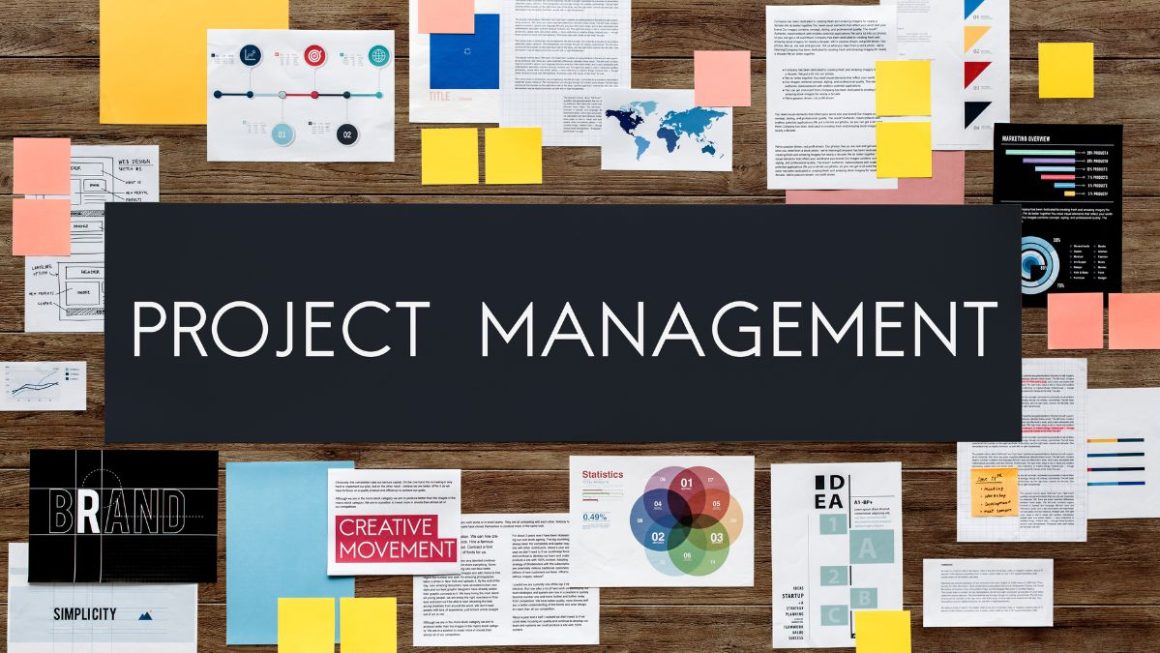Construction projects depend heavily on efficient human resources (HR) operations for their success. HR teams in this industry manage tasks like hiring, payroll management, safety regulation, compliance with legal standards, and more that ensure projects are completed on time and with precision. However, managing these tasks can be challenging without access to adequate tools and resources.
This article outlines strategies, resources, and technologies that HR departments in the construction sector may use to increase output, improve efficiency, and streamline daily operations. Whether implementing cutting-edge technologies, putting industry best practices into reality, or launching successful training initiatives, these strategies enable HR departments in the construction sector to streamline operations and boost employee engagement, productivity, and teamwork.
Table of Contents
Recruitment and Onboarding
Currently, one of the biggest challenges facing construction companies is finding qualified workers. But these challenges are readily surmountable if hiring and onboarding procedures are sped up with the help of various HR technologies and services. Hiring procedures can be streamlined by using an application tracking system (ATS), which can arrange interviews, categorize resumes, and monitor the progress of candidates. Furthermore, businesses can access broader candidate pools through online job boards and professional networking websites, which could otherwise go overlooked.
Effective onboarding processes, on the other hand, are vital to ensuring that new hires quickly integrate into your team once the best candidates have been chosen. In that context, learning management systems offer onboarding templates that can help you expedite the completion of paperwork, training modules, and orientation procedures. Employees can start working on the project more quickly and efficiently as a result, which also lessens administrative hassles.
Training and Development
Improving the effectiveness of HR processes and empowering construction teams require training and development. Staying competitive in today’s workplace requires investing in the skill development of employees. Businesses can offer tailored training programs designed to fit staff requirements using various tools and resources available to them.
There are several ways to support professional development, including giving specific training modules, cooperating with industry groups for chances for continuing education, and using learning management systems.
By placing a high priority on training and development programs, companies foster a culture of ongoing learning and development while also providing their construction teams with the skills and information they need. This promotes staff retention and morale while also helping projects succeed overall and organizations expand.
Monitoring Software
Streamlining HR operations in the construction sector relies on your team’s productivity levels. So to ensure HR teams are consistently productive, companies need to consider investing in a computer user activity monitoring software solution. This software allows companies to track and analyze the computer activities of their HR team, ensuring optimal performance and identifying areas for improvement.
Monitoring the HR team’s productivity levels can help companies stay ahead in the competitive construction landscape, enabling them to achieve their goals effectively and contribute to the overall success of the organization.
Safety Compliance and Risk Management
In the construction sector, safety is of utmost importance, and human resources departments are vital in guaranteeing adherence to occupational health and safety protocols. Construction companies can automate safety processes, do risk assessments, and track events in real time by putting safety management software into practice. Furthermore, making safety training modules and certifications available to staff members raises awareness and lowers the risk of workplace mishaps.
Performance Management and Feedback
To enhance efficiency in the construction sector, HR teams have to be equipped with performance management and feedback systems. Consistent performance reviews and helpful criticism are crucial for developing staff members, raising job happiness, and eventually boosting project results.
HR software systems with performance management modules make achieving project objectives easier, giving managers the power to set targets, track progress, and provide timely feedback to their staff.
Further strengthening the feedback loop are 360-degree feedback methods, which promote peer-to-peer recognition and an organizational culture of accountability and continuous improvement. Construction companies can foster a collaborative work environment among their teams while increasing productivity and quality by including these tools in HR operations.
Employee Engagement and Well-Being
A vast majority, approximately 85% of employees, acknowledge that the workplace environment significantly influences their mood and productivity. This understanding underscores the critical importance of fostering a positive work atmosphere.
HR executives can monitor employee satisfaction, get feedback, and pinpoint areas for growth by utilizing employee engagement systems. Additionally, the relationship between construction teams and their employers is strengthened when wellness programs, mental health resources, and work-life balance efforts are implemented. These actions show a commitment to employee well-being.
Payroll and Benefits Administration
It can be challenging and time-consuming to manage payroll and benefits, especially in large construction organizations with diverse staff. HRIS (human resource information system) software reduces errors and ensures regulatory compliance by automating tax filing, payroll processing, and benefits enrollment. In addition, providing competitive pay packages, retirement plans, and health insurance choices aids in drawing and keeping top talent in the building sector.
Data Analytics and Insights
Using data analytics to its full potential offers insightful information on performance indicators, labor patterns, and operational efficiency. Construction organizations can use HR analytics tools to estimate personnel needs based on project timetables, detect recruitment bottlenecks, and assess employee attrition rates. HR teams can optimize resource allocation, reduce risks, and lead strategic initiatives that improve overall business performance by utilizing data-driven decision-making.
Conclusion
Providing HR teams in the construction industry with the appropriate tools and resources is crucial to improving business efficiency and promoting organizational success.
Utilizing technology, construction businesses can recruit, develop, and retain top talent while staying within industry compliance and creating an ideal work culture. This will help construction companies flourish in an ever-evolving industry.
Also Read : Employee Commitment: A Key Factor In HR Strategy




